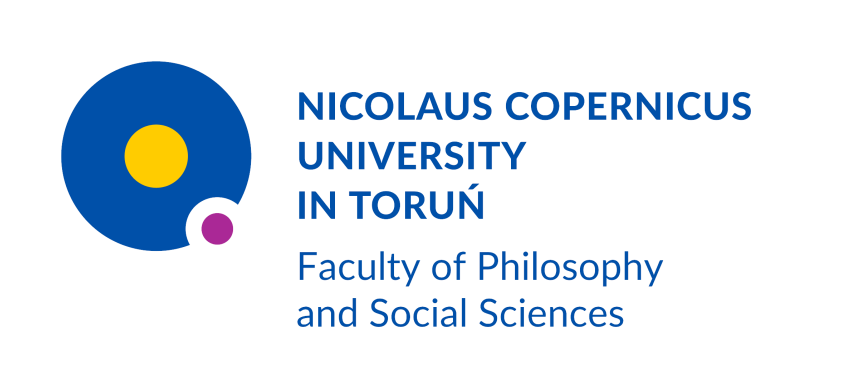Cognitive Science
Cognitive Science. Modern dynamics of the labour market create a situation in which the most desirable features are flexibility and readiness to take on new challenges and quickly modify one’s competences – cognitive science prepares you for that. Multidisciplinarity and the emphasis put by the staff on the topicality of the knowledge passed on make the student acquire the tools to follow scientific news and predict the needs of the modern labour market. The broad spectrum of development offered by this major allows us to educate our students to be active and able to critically evaluate data, as well as acquire new skills and adapt to the expectations of employers in a short time, as well as undertake their own initiatives. It is also a good major for people with broad interests and a thirst for knowledge who have not yet decided which career path they want to follow. A wide range of modules from humanities through neuropsychology to computer science will help you make this decision.
Interdisciplinary nature
Studies in the field of cognitive science allow you to explore both theoretical knowledge, mainly concerning cognitive processes, mechanisms of their operation, determinants and their modelling, as well as practical knowledge related to medical sciences, mainly in the field of computer diagnosis of speech and vision disorders and brain neuroimaging, as well as in many other areas in which modern information technologies can be used. On the other hand, practical classes provide an opportunity to acquire basic skills, including in computer graphics, designing program interfaces and virtual environments, programming for education.
Why is it worth studying Cognitive Science at NCU?
-
Friendly environment: the opportunity to work in small groups, in direct contact with scientists who undertake many research and teaching initiatives in the field of cognitive science.
-
NCU is a recognized cognitive science centre in Poland: the Polish Cognitive Society has been operating since 2002; scientific periodicals are created here; cooperation with, among others, the American Centre for Cognitive Science at Rutgers University, Mind Group at Frankfurter Institute for Advanced Studies and Laboratory for Sleep & Consciousness Research Centre for Cognitive Neuroscience Salzburg, and in Poland with Scientific Centre for Biomedical Imaging at the World Hearing Centre in Kajetany, has been developing.
-
Since the opening of the Interdisciplinary Centre of Modern Technologies and the Neurocognitive Laboratory, students have the opportunity to participate in research using equipment such as fMRI, EEG, TMS, Eyetracker, Neurofeedback, audiometric booths, test batteries (including extended Cantab battery).
- Profiling is done according to modules:
-
-
social and humanistic – in the field of HR and PR as well as personal and environmental consulting thanks to cooperation with the Department of Psychology and the Institutes of Philosophy and Sociology;
-
bio-medical in the field of data analysis of empirical research (fMRI, EEG, TMS, Eyetracker, Neurofeedback) and diagnostics thanks to cooperation with Collegium Medicum;
-
mathematics and IT in the field of programming and designing virtual environments and VR thanks to cooperation with the Department of Applied Computer Science.
-
-
Teaching staff: studies in cognitive science will be conducted by scientists from the Department of Psychology, Department of Cognitive Science and Epistemology, Institute of Philosophy, Department of Logic, Department of Applied Computer Science, Department of Media in Education, Collegium Medicum and other units of the Nicolaus Copernicus University.
After graduation
A graduate of Cognitive Science at the Nicolaus Copernicus University can find employment at, inter alia:
- institutions that use modern IT technologies, e.g. as a big data analyst or data mining specialist
- institutions related to IT media, e.g. as a programmer and consultant in designing virtual environments and VR (Virtual Reality)
- medical and paramedical institutions, e.g. as an analyst or assistant therapist
- public administration (knowledge of statistics and mechanisms of functioning of individuals and societies)
- emerging professions, such as the coolhunter or trend analyst
- as a specialist in human-computer communication (BCI – Brain-Computer Interface)
- HR (Human Resources) and PR (Public Relations) institutions
- as an independent creator of innovative scientific and economic projects combining business and science.

 ul. Bojarskiego 1, 87-100 Toruń
ul. Bojarskiego 1, 87-100 Toruń







